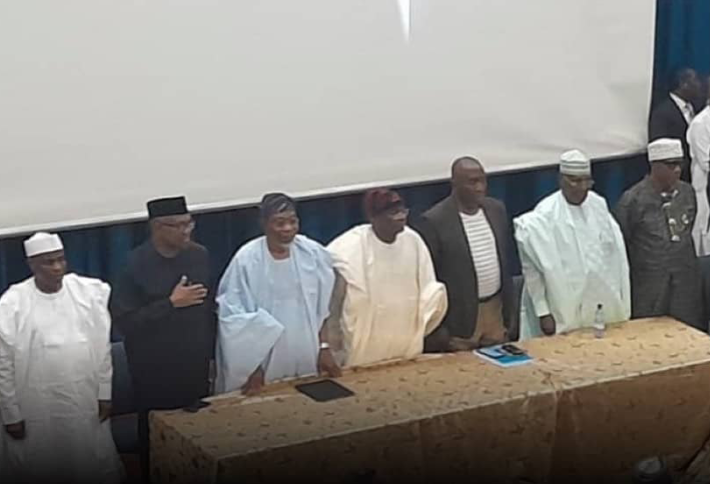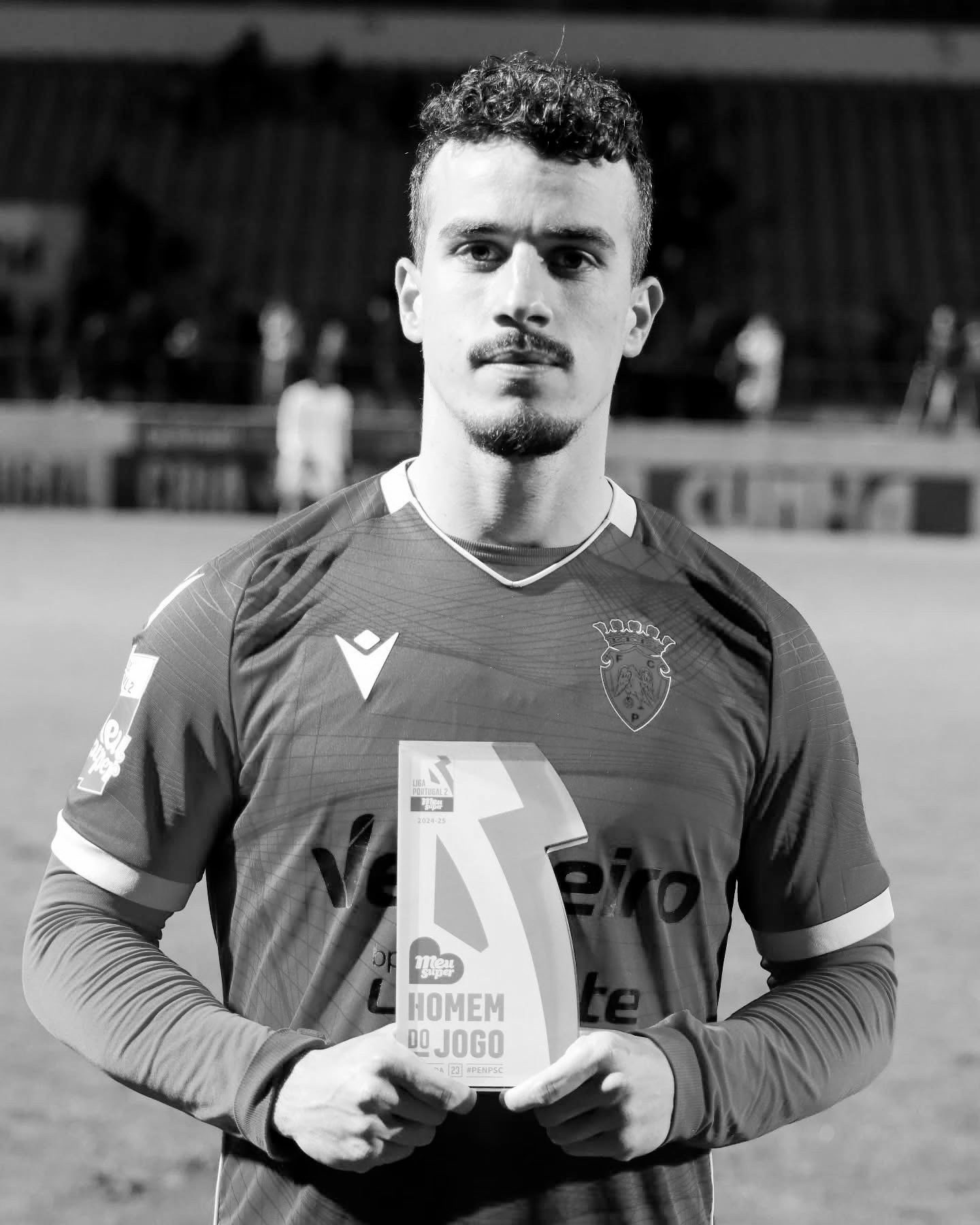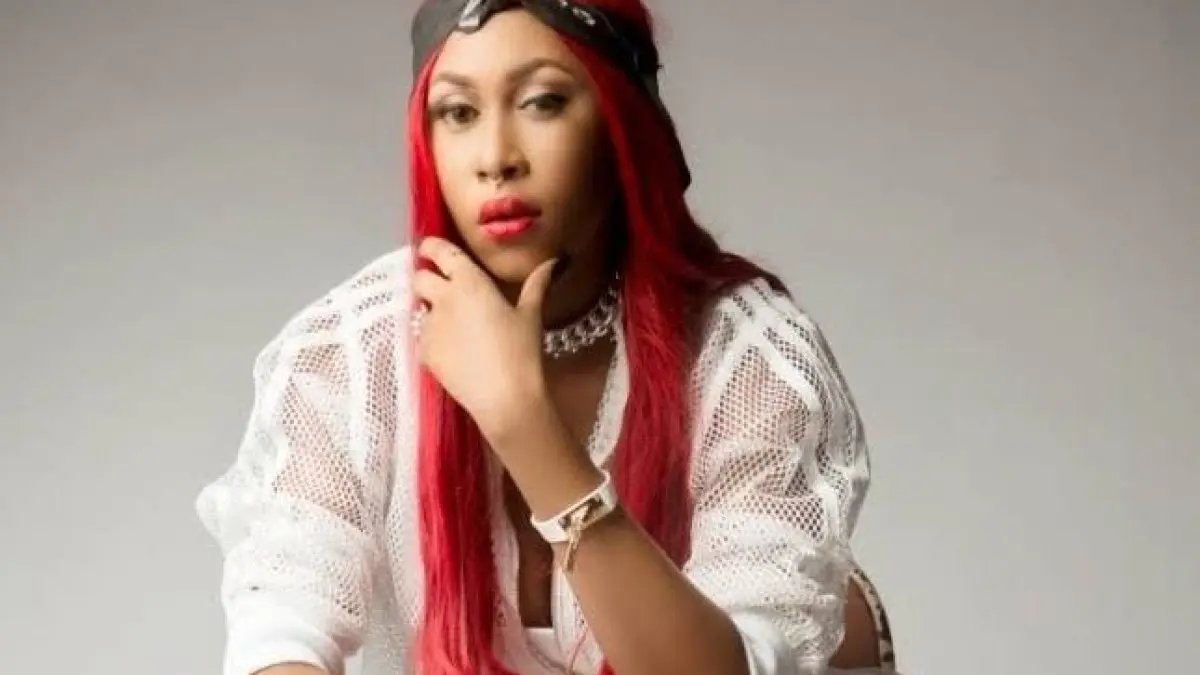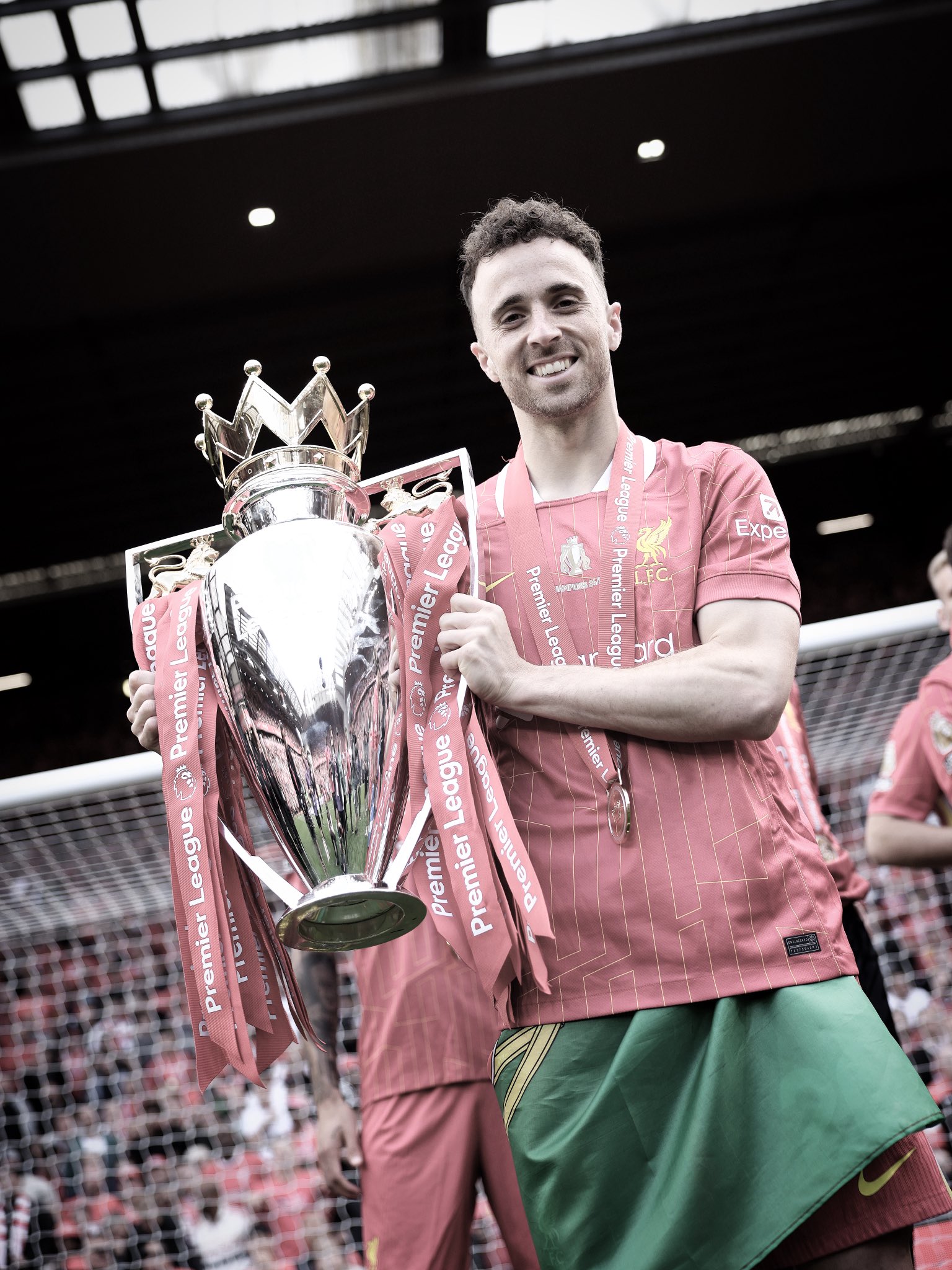
Obi, Atiku, El-Rufai, Others Storm Abuja in Rare Political Show of Unity as ADC Unveils National Coalition

In a political gathering that has set the Nigerian political scene abuzz, key opposition leaders from across the country assembled at the Yar’Adua Centre in Abuja on Tuesday for the formal unveiling of a new national coalition championed by the African Democratic Congress (ADC). The event, which had been previously slated to take place at the Wells Carlton Hotel in Asokoro, faced an abrupt venue cancellation, but was swiftly relocated to the Yar’Adua Centre—a move that didn’t dampen its impact or the calibre of political titans in attendance.
The gathering witnessed an extraordinary convergence of political heavyweights, signaling what many believe could be the beginning of a serious realignment ahead of Nigeria’s 2027 general elections. Among the notable attendees were Labour Party’s 2023 presidential candidate, Peter Obi; former Vice President and PDP presidential flag bearer Atiku Abubakar; ex-Kaduna State Governor Nasir El-Rufai; former Rivers State Governor Rotimi Amaechi; and ex-Deputy Speaker of the House of Representatives, Emeka Ihedioha. Their presence under one roof was enough to draw attention—but it was the broader message of the event that commanded national interest.
The ADC, once regarded as a fringe political party, appeared to have rebranded itself into a convener of the opposition's most influential forces. The attendance of politicians across party lines—including from the Labour Party, Peoples Democratic Party (PDP), Social Democratic Party (SDP), and even disaffected members of the ruling All Progressives Congress (APC)—underscored a rare sense of urgency and purpose within Nigeria’s fragmented opposition.
Former Senate President David Mark led a delegation of coalition members into the venue, joining prominent figures such as Senator Ireti Kingibe of the Labour Party; former Minister of Youth and Sports, Solomon Dalung; media mogul Dele Momodu; former Benue Governor and Senator Gabriel Suswam; and Rauf Aregbesola, the former Osun State Governor now serving as interim national chairman of the ADC. Former Sokoto State Governor Aminu Tambuwal was also present, reinforcing the political diversity and weight of the coalition.
The air in the Yar’Adua Centre was heavy with anticipation, as the idea of an unprecedented opposition front seemed to take form before the eyes of political watchers, journalists, and analysts. Conversations were hushed but intense. Cameras clicked as long-separated allies and former rivals exchanged handshakes, embraces, and discussions behind closed doors. It was a scene that, in a different context, might have seemed impossible just a year ago.
The relocation of the event venue after the Wells Carlton Hotel management reportedly withdrew permission for the gathering—citing “internal compliance matters”—only added a layer of intrigue and determination. A screenshot of the cancellation notice shared on Instagram by Dele Momodu fueled speculation that external pressure may have been applied to frustrate the meeting. Nonetheless, the organisers’ swift pivot to the Yar’Adua Centre was seen by many as a sign of resilience and strategic readiness.
Though no official declaration of a political merger was made, insiders say discussions are underway to form a formidable opposition alliance capable of challenging the ruling APC in 2027. The gathering served as both a symbolic and strategic marker—a first step in what could be a long, calculated campaign to unseat the dominant power structure in Nigeria.
Peter Obi and Atiku Abubakar, once rivals for the presidency, were seen exchanging words in good spirits. Their mutual presence is already fuelling discussions about a possible joint effort or coalition ticket. El-Rufai’s attendance raised eyebrows as well, given his previously staunch ties to the APC and the Buhari administration. Observers now question whether his presence signals disenchantment with the current administration and a possible cross-party defection.
The event also revived speculation around potential third-force movements, especially with the ADC casting itself as a neutral, unifying platform for progressive opposition. With Rauf Aregbesola now chairing the ADC’s interim leadership and pushing for national inclusivity, many believe the party is positioning itself as more than just a facilitator—but as a central pillar in Nigeria’s shifting political architecture.
While speeches at the event were measured and largely diplomatic, the undertone was clear: the opposition in Nigeria is tired of fighting in silos. The mood suggested that beyond personal ambition, there is a growing collective realization that disunity has been the greatest gift to the ruling party. By bringing their individual strengths, regional influence, and political machinery together, these leaders may be setting the stage for a truly competitive national election in the near future.
Social media, naturally, exploded with commentary and speculation. Videos and photos of Peter Obi and Atiku seated under the same roof trended within minutes. Political analysts weighed in on the historic nature of the meeting, some calling it a “defining moment for Nigeria’s democracy” while others remained skeptical, citing past failed coalition efforts that collapsed under the weight of ego and ambition.
Still, the weight of what happened at the Yar’Adua Centre cannot be ignored. For a nation long burdened by political disillusionment, rising insecurity, and economic hardship, the idea that Nigeria’s opposition leaders can align—even temporarily—is a glimmer of hope for millions yearning for real change.
The coming weeks and months will determine whether this impressive show of unity was merely a photo-op or the beginning of a serious, coordinated political renaissance. But for now, one thing is certain: Nigeria’s political landscape may never be the same again.


